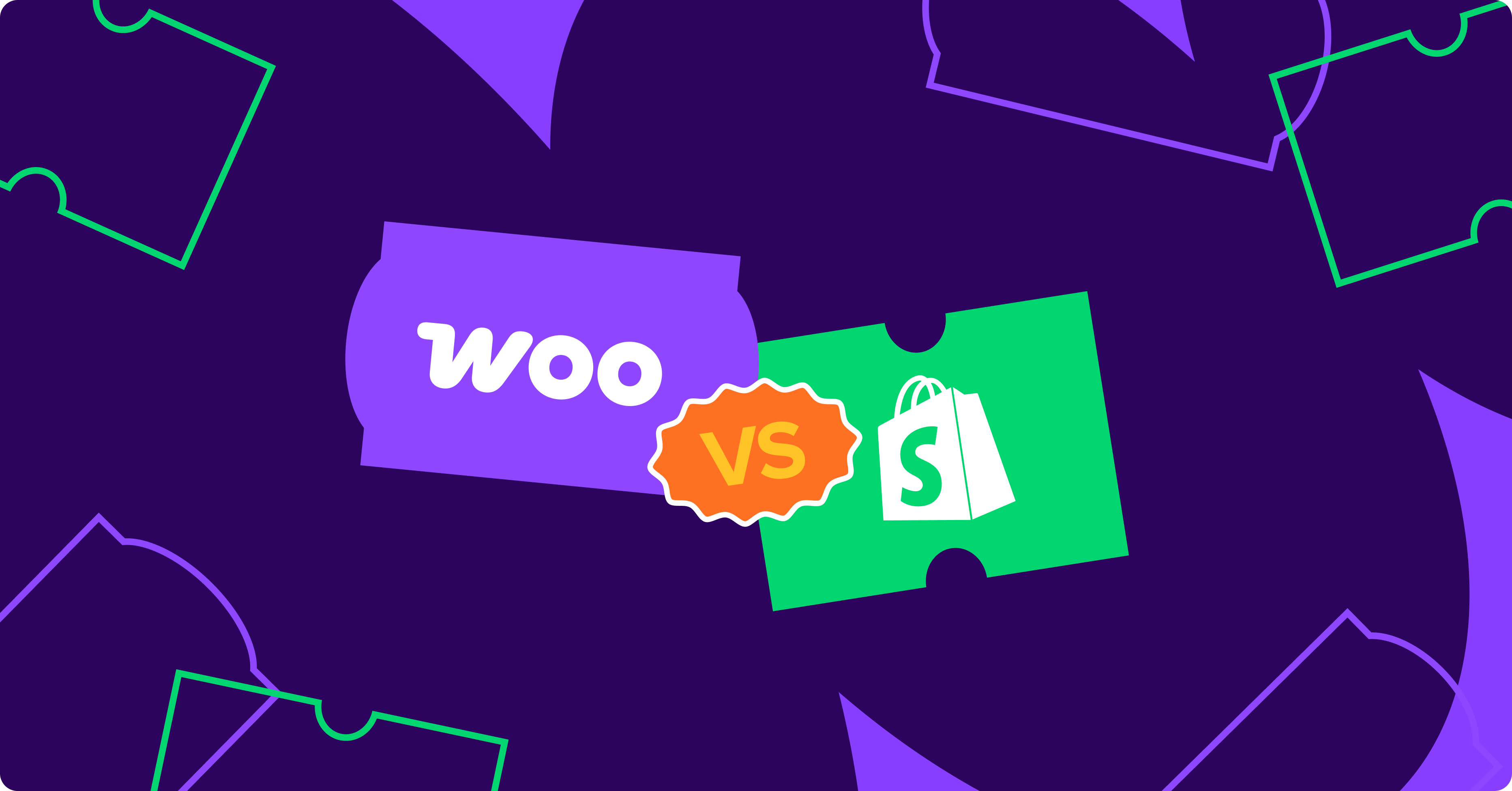Once you make the desicion to open an online store to sell any kind of products, it is inevitable not to choose from available eCommerce website builders. Among the two popular options are WooCommerce and Shopify. In this article we give an in-depth comparison of the two platforms to help the readers in making the desicion to choose the most suitable platform for their online need.
What is WooCommerce?
WooCommerce is a free, open-source eCommerce plugin for WordPress that allows users to create and manage online stores. Launched in 2011, it transforms a WordPress website into a fully functional eCommerce platform. It supports physical and digital product sales, payment processing, shipping options, and extensive customization through themes and plugins. WooCommerce is popular for its flexibility, scalability, and seamless integration with WordPress, making it ideal for small to medium-sized businesses. With a vast developer community and regular updates, WooCommerce enables users to build tailored eCommerce experiences without needing advanced coding skills. It works best with Hosting for WooCommerce, which is available with providers like Cloudways.
Main Features:
-
Seamless WordPress integration
-
Support for physical/digital products
-
Multiple payment gateways (PayPal, Stripe, etc.)
-
Extensive plugin/theme support
-
Inventory and order management
-
Mobile-friendly and SEO-optimized
-
Customizable checkout and shipping options
-
Large community and documentation
What is Shopify?
Shopify is a cloud-based eCommerce platform that allows individuals and businesses to create online stores without needing advanced technical skills. Launched in 2006, Shopify provides a user-friendly interface with drag-and-drop features, built-in hosting, and security. It supports selling physical and digital products, offers integrated payment gateways, and includes tools for inventory management, marketing, and analytics. Users can customize their stores using themes and apps from the Shopify App Store. With its all-in-one approach, Shopify is ideal for entrepreneurs who want to launch quickly and manage their stores easily, without worrying about web development or server maintenance.
Main Features:
-
User-Friendly Store Builder – Drag-and-drop interface for easy customization without coding.
-
Built-in Hosting & Security – Fast, secure, and fully hosted infrastructure with SSL and PCI compliance.
-
Multiple Payment Gateways – Supports Shopify Payments, PayPal, Stripe, and others.
-
Mobile Optimization – Responsive themes and mobile app for managing your store on the go.
-
App Store Integration – Thousands of apps for marketing, shipping, analytics, and more.
-
Abandoned Cart Recovery – Automatically emails customers who left items in their cart.
-
Multi-Channel Selling – Sell on social media, Amazon, eBay, and POS from one dashboard.
Comparison between WooCommerce VS. Shopify
WooCommerce is a self-hosted, open-source plugin built for WordPress users who want full control over their online store. It offers extensive customization through thousands of themes and plugins and is highly adaptable to a wide range of business models. WooCommerce is ideal for those with some technical knowledge or access to a developer, as it requires users to manage hosting, security, and updates. However, this also means lower long-term costs and full data ownership. WooCommerce is especially attractive to businesses that need flexibility, custom features, or already operate a WordPress website.
Shopify, on the other hand, is a fully hosted, subscription-based platform designed for ease of use and fast store setup. It handles hosting, security, updates, and performance, allowing users to focus entirely on selling. Its user-friendly interface, excellent customer support, and extensive app store make it a favorite for beginners and small businesses. While Shopify can become expensive with monthly fees and paid apps, it provides a seamless experience with built-in tools like inventory management, payment processing, and multi-channel selling. It’s a great choice for those who prefer a simple, worry-free setup and managed platform.
At a Glance
WooCommerce vs Shopify – Feature Comparison Table
| Feature | WooCommerce | Shopify |
|---|---|---|
| Hosting | Self-hosted (user-managed) | Fully hosted (Shopify-managed) |
| Ease of Use | Moderate (requires WordPress knowledge) | Very easy (user-friendly interface) |
| Customization | Highly flexible with themes/plugins | Limited to Shopify's ecosystem |
| Cost Structure | Free core + paid extensions/hosting | Monthly subscription + app fees |
| Payment Fees | No extra fees (except gateways) | Extra fees unless using Shopify Payments |
| Scalability | High (depends on hosting/server) | High (auto-scaled by Shopify) |
| Best For | Custom solutions, WordPress users | Beginners, fast setup, minimal tech need |

